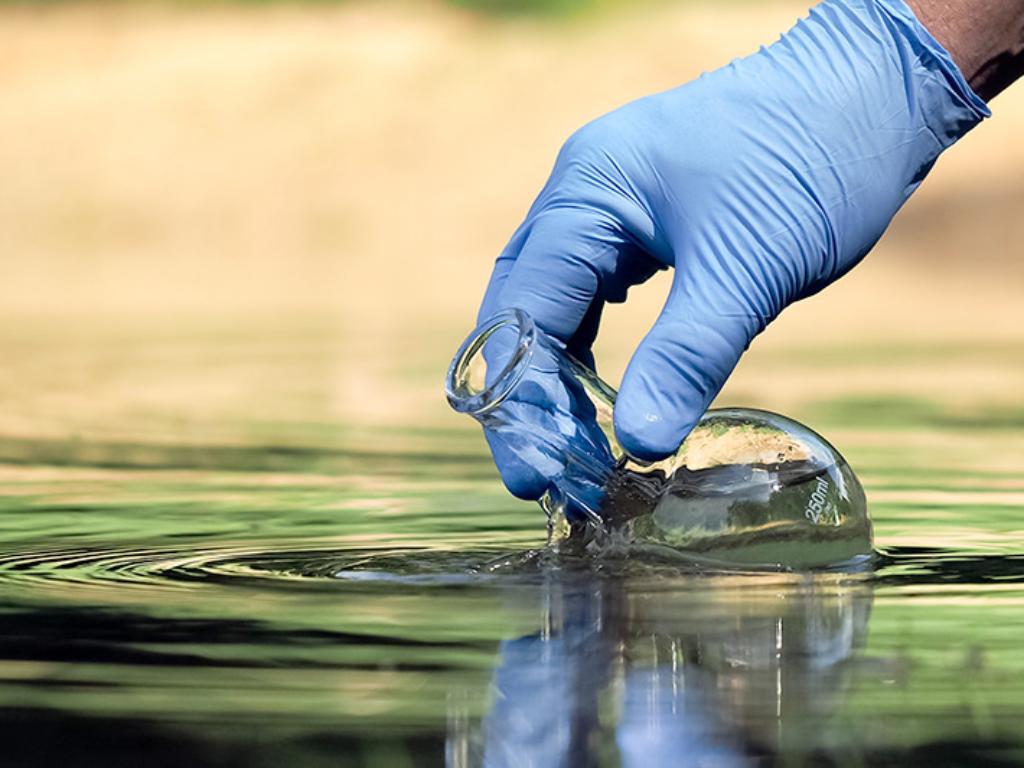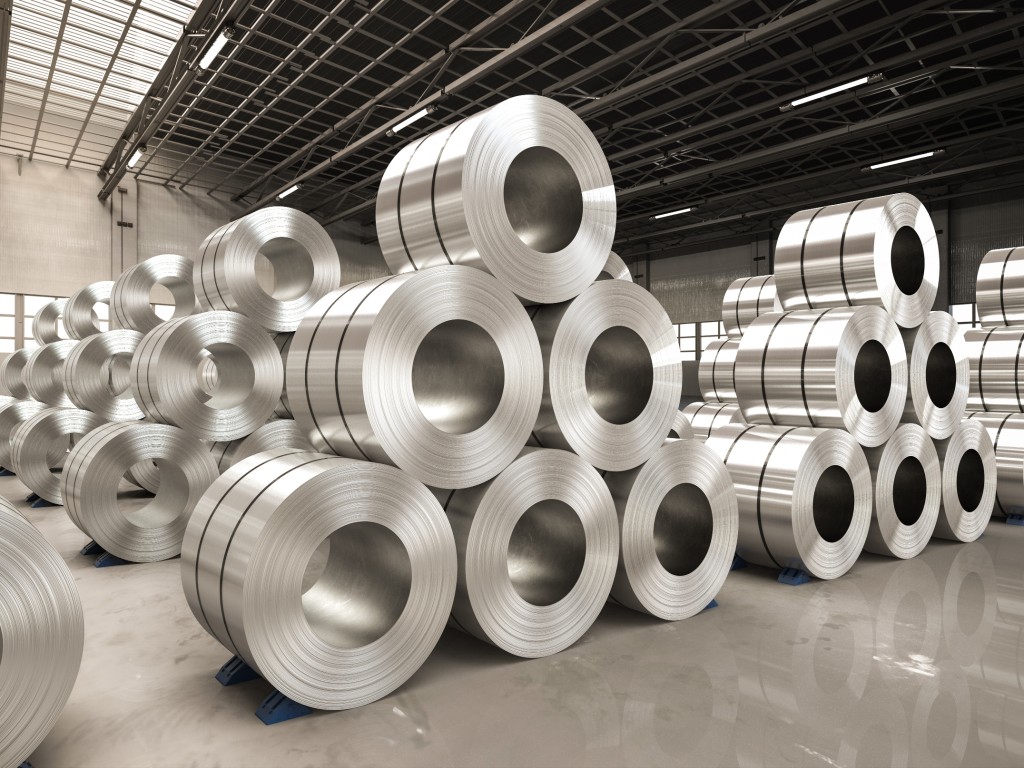Supply chain audits: It’s all about people’s safety
A talk about the links between responsibility and sustainability
Risk reduction, added brand value, competitive advantage: there are many reasons why a supply chain audit is worthwhile. In an interview, Frank Dorssers, Vice President Global Field Manager Systems at TÜV Rheinland, explains how an audit generally proceeds and how a company can benefit from it in the long run. Thanks to his position in the company, he knows all about the connections between responsibility and sustainability. He has been responsible for the international development and expansion of the supply chain audit business of TÜV Rheinland since 2013. From his office at our company’s headquarters in Cologne, he works together with initiatives such as amfori BSCI (Business Social Compliance Initiative) and SEDEX (Supplier Ethical Data Exchange).
Mr. Dorssers, why should a company subject its supply chain to a comprehensive audit?
Our customers have countless options for procuring their goods. And especially when a customer enters into a business relationship with a company that is located far away, it’s hard to ensure that the products in question are ultimately of high quality and have been manufactured under fair working conditions. Besides, in many cases there’s an unpredictable risk of accidents. In such cases, social audits create transparency and compel suppliers to disclose critical information. The audits thus create trust between the business partners. In fact, audits often make business relationships possible in the first place. Sometimes companies only find out through an audit where their goods are actually coming from. And companies that deal fairly with their employees also achieve higher quality, as a rule. In addition, sustainability and social responsibility are becoming increasingly important factors for companies’ survival in the global trade environment.
How can companies know where they still have to work on ensuring fair working conditions in their supply chains, which are sometimes complex?
If a company becomes a member of an initiative such as amfori BSCI, it can compare its own supplier chain with the amfori BSCI database. That way it can find out which of its suppliers have not yet been audited. And that’s how companies can know where there’s still room for improvement in terms of HSE (Health Safety Environment) and CSR (Corporate Social Responsibility). We can also check the status of the suppliers by means of a questionnaire that can be based on the customer’s specific standards or international ones. That’s how we create comparability. We are aware of the problem areas in each country. For example, in Bangladesh it’s discrimination in the workplace, and in China it’s the working hours. Our auditors know from experience how to organize investigations to monitor these factors. In addition, the audits can be individually expanded, for example by conducting an environmental audit in parallel with the social audit.

Social standards ensure safe and fair working conditions. As a side effect, they deliver a competitive advantage.
Frank DorssersHow can auditing give a company a competitive advantage?
The supply chain audits of social standards primarily concentrate on improving employees’ safety and fair working conditions rather than on business success. That in itself should be in the interest of the companies audited. As a side effect, complying with a high standard that is internationally recognized and offers comparability can deliver a competitive advantage. Suppliers acquire new customers with corresponding requirements, and companies gain integrity and can market their brands with greater self-confidence. That’s because consumers are paying greater attention to fairly manufactured products and brands’ reputations.
Can you give us an example of how a company benefits from auditing in the long run?
Clothing brands, especially discounters, are often criticized by NGOs or the media for socially unacceptable working conditions. One of our customers was strongly suspected of using child labour. However, the company had previously had its entire supply chain audited and therefore could safely disclose all of its business relationships and face the public with self-confidence. The disclosure revealed that the factory that had been criticized was not one of its suppliers. Thanks to the seamless information provided by the audits, the company could even show that its entire supply network is fair. The critics ultimately had to withdraw their accusations.
Which problems are most frequently revealed by audits today?
The biggest problem is the verifiability of working times. It’s followed by HSE deficiencies, not only regarding the buildings but also in the handling of equipment such as sewing machines and safe work clothing. Discrimination exists especially in the textile industry, in which women make up about 80 percent of the workforce. And in many companies there’s no empowerment of the employees. As a result, the employees don’t dare to express suggestions for improvement or make criticisms that would actually be useful for the company. We investigate that aspect as well.
After you’ve completed an audit, how do you make sure the high standards are met?
Through close and binding cooperation with the customer and its suppliers. Our auditors have great empathy when they inform a company about its critical points. We work together with the customer to create a corrective action plan, and on the very same day we set a deadline by which the supplier must make improvements in specific areas. We then check for compliance in our follow-up audits.

Our auditors are the most experienced in the entire sector.
Frank DorssersWhy should companies commission TÜV Rheinland to conduct audits?
Our auditors continuously update their skills, operate all over the world, and share their experiences every year. They are authorized to audit all of the current international social standards, and they can also conduct audits focussing on other areas during an appointment with the customer — for example, environmental protection or the handling of chemicals. That saves time and money. We can demonstrate that our auditors in the social audit sector, which has existed for 20 years, have ten years of experience on average. That makes them the most experienced auditors in the sector.











